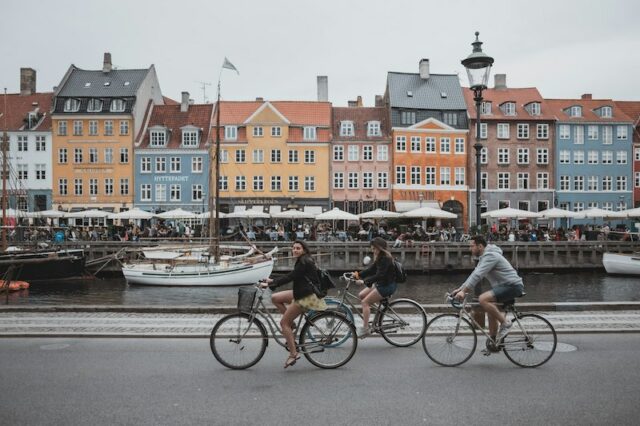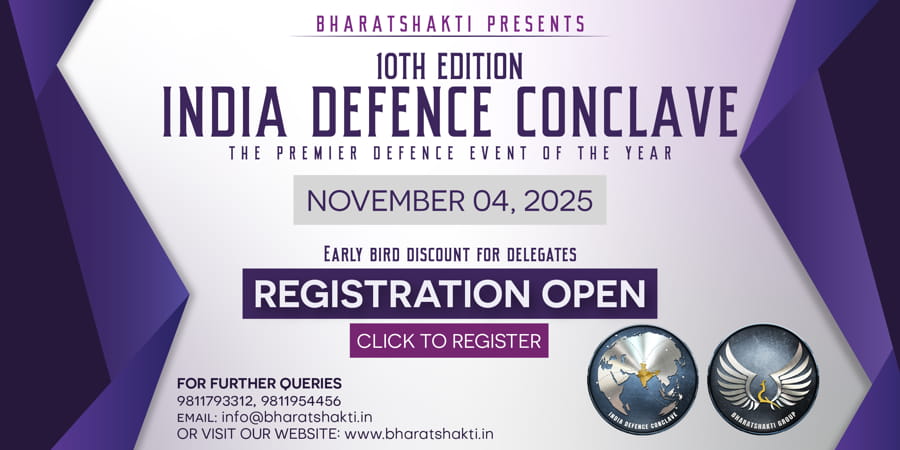
Denmark is tightening its immigration rules to combat the misuse of student permits as a backdoor to the local job market.
Prompted by a surge in foreign student numbers, especially from Bangladesh, the Ministry of Immigration and Integration has announced a series of tough new measures.
These initiatives will make it significantly more difficult for applicants from “third countries,” such as Bangladesh and Nepal, to be admitted to Danish universities without proper qualifications, and will eliminate the option for these students to bring family members with them.
“It will be significantly more difficult for citizens from third countries, such as Bangladesh and Nepal, to be admitted to Danish universities if they do not have the right academic qualifications. With the new initiatives, the government will, among other things, tighten the requirements for admission and remove the possibility of bringing family members for students from third countries. In addition, control of foreign educational documents will be strengthened,” an official statement read, reported Times Now.
Authorities also said universities would be allowed to impose stricter entry requirements for master’s programmes, such as entrance exams or targeted language tests.
Cheating controls will be tightened, with harsher penalties for violations.
“A national requirement is introduced that universities must verify foreign educational documents before they can offer admission to a degree program. For students who are admitted and are in the country on a study residence permit, stricter control of study activity is introduced, so that students who do not follow their studies in practice are sent home more quickly.
“In addition, students from third countries must pay a larger part of the payment for their education already in connection with the start of their studies,” the statement added.
The government will also scrap the option for foreign students to bring family members and reduce the post-study job search period from three years to one.
The National ID Center will assist universities in verifying foreign credentials, with authority to review existing permits for Bangladeshi and Nepali nationals to check for false documents.
Official figures show Bangladeshi students formed the largest group of international master’s entrants in 2024, followed by Germans and Italians.
However, family-linked residence permits are disproportionately high among Bangladeshi (58%) and Nepali (74%) students, compared with just 1% for Chinese and 2% for American students.
Immigration Minister Kaare Dybvad Bek said the measures were necessary due to a sharp rise in applicants from Bangladesh and Nepal.
“At the same time, they work more than other foreign students, and to a much greater extent this is unskilled work. When you come to Denmark on a curriculum, the main purpose should of course be to study. That goes without saying,” he said.
Education Minister Christina Egelund stressed that study visas must be used solely for academic purposes.






